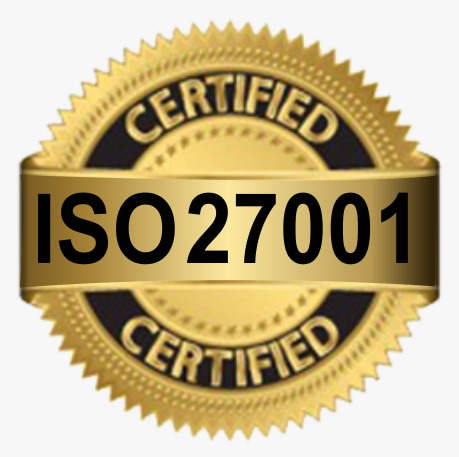Both life insurance and accident insurance policies include double indemnity clauses. According to these clauses, insurance carriers agree to pay twice the policy amount in the event of accidental death. Double indemnity clauses can provide many benefits to grieving families, but it is important to have proper knowledge of how insurance carriers handle these clauses and why these claims may be denied.
What is Considered an Accidental Death?
First, we need to know what “accidental death” means. To qualify for double indemnity benefits, the relatives of the deceased will need to prove that the death was accidental. Different insurance carriers have many definitions for accidental death. In general, the following are some of the reasons which are included in the accidental death definition.
- Motor vehicle accidents
- Drowning
- Defective machinery incidents
- Choking
- Slip and fall accidents
- Murder
Why Do Double Indemnity Claims Get Denied?
There are many reasons why double indemnity clauses get denied. First, it is important to point out that insurance companies are typically “for-profit” entities that will do what they can to lessen the amount of money they paid in a settlement. This is true for a double indemnity claim that will see them paying much more money than they expected. Insurance companies evaluate double indemnity claims on a case-by-case basis and even if a death is accidental, the insurance carrier may have various exceptions for the double indemnity clause.
For example:- Normally, a homicide will qualify as accidental death under many insurance policies. But, if the be beneficiaries of the insurance policy are the ones found guilty of the murder or other crime the insurance carrier will likely deny the claim.
Following are the common exceptions to double indemnity clauses:
- Suicides
- Deaths from natural causes
- Deaths were caused because the deceased was under the influence of drugs or alcohol
- Deaths were caused by the recklessness of the insured person







Leave A Comment